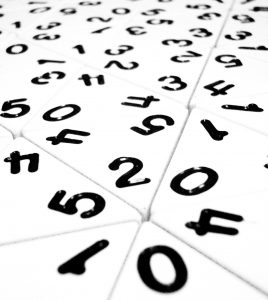
Code.org aims to increase access to computer science in schools. It contains a large collection of activities, lesson plans, and tutorials that encourage school-age learners to explore the basics of computer programming. Topics include computational thinking, algorithms, abstractions, and even digital citizenship.
With the onset of the Digital Revolution, computer skills, even at a basic level, are fundamental, especially when considering digital inclusion, literacy, and access. Contrary to what many believe, coding activities are not always performed in front of a screen. There are a host of unplugged activities that teach real-life problem solving skills and digital representation. Some of these can even be used in makerspaces to create digital-like but tangible gadgets.
Check out these examples of different types of activities:
- Hour of Code: In this Classic Maze lesson, learners give instructions to Angry Birds characters, just like line-by-line programming. The instructions are dragged and dropped on the screen, and a Test run performs the instructions in animation format. The lessons are sequential and learners explore game programming.
- Unplugged lessons: In this Binary Bracelets example, students make a bracelet representing the first letter of their name, learning about basic data storage and digital literacy.
- App Lab: For more advanced students, these activities teach app making and coding with JavaScript.

